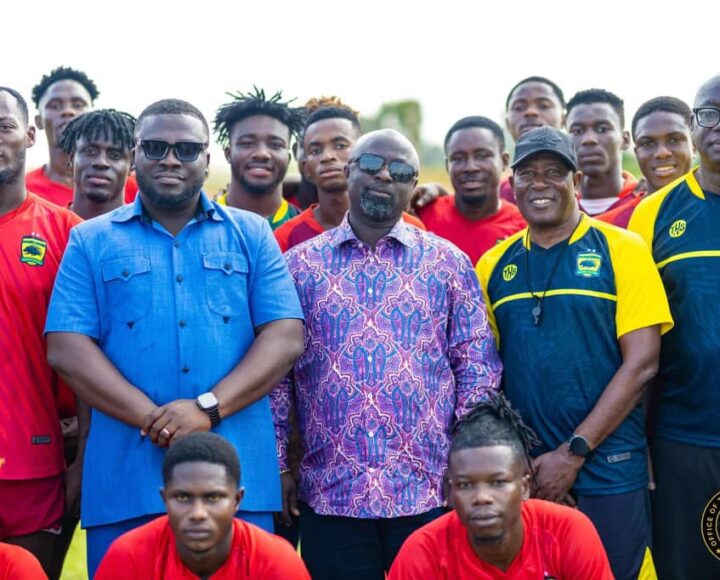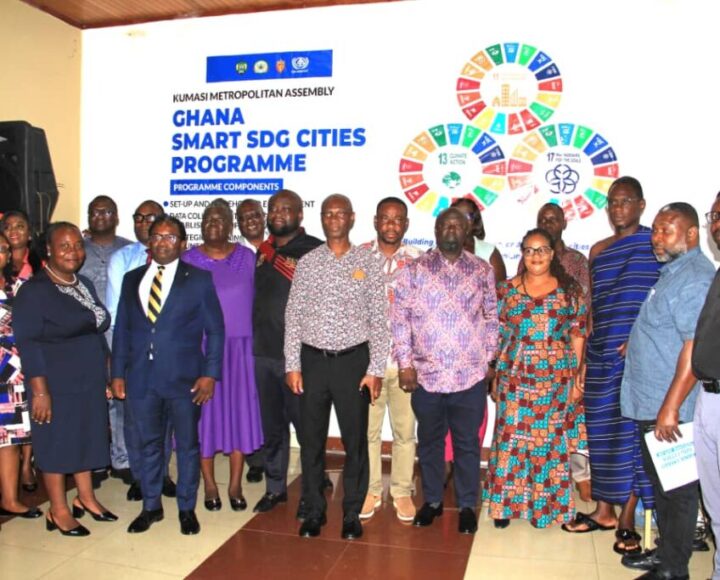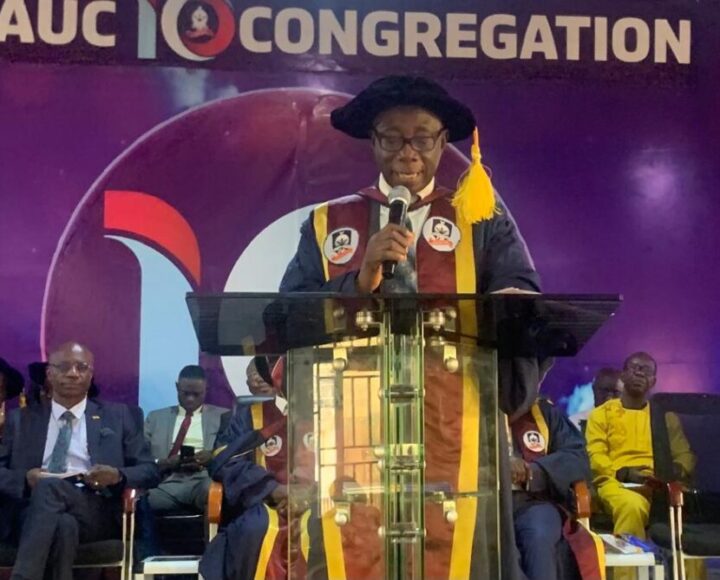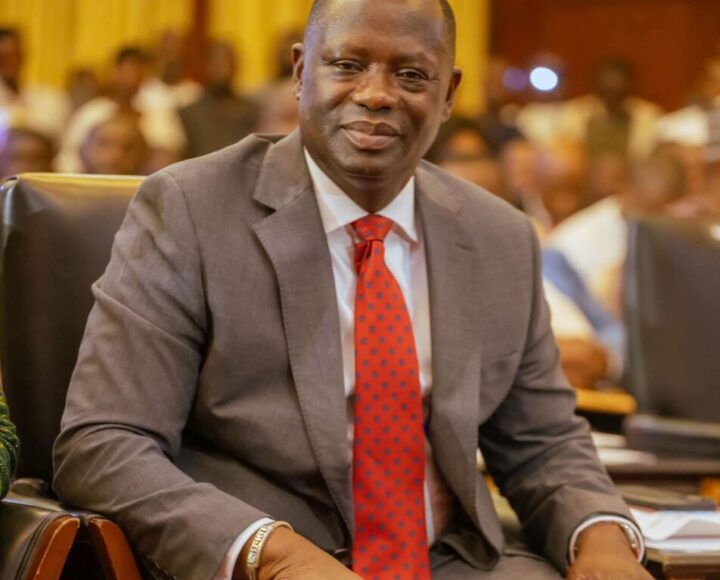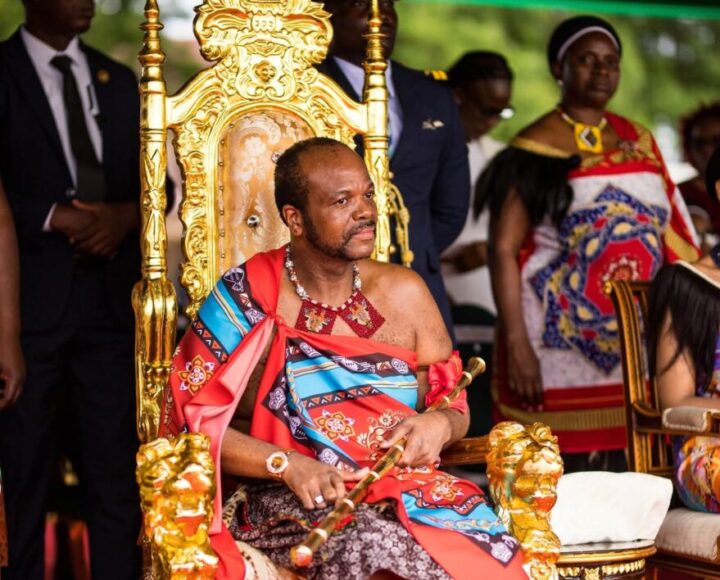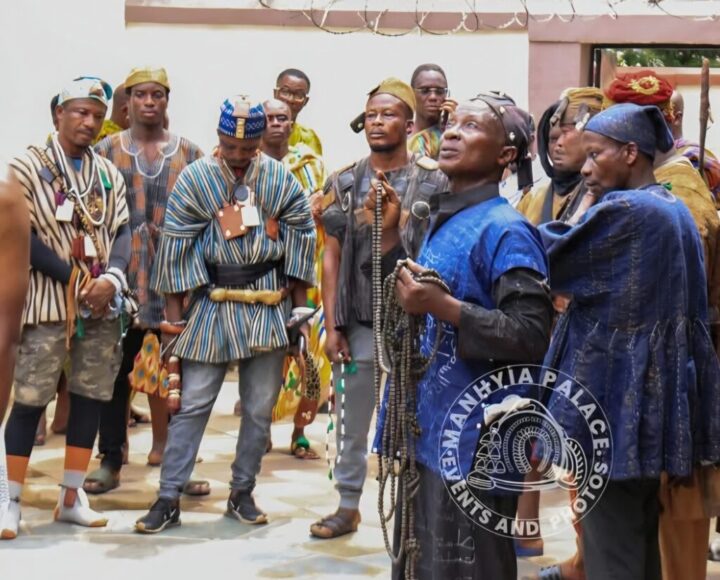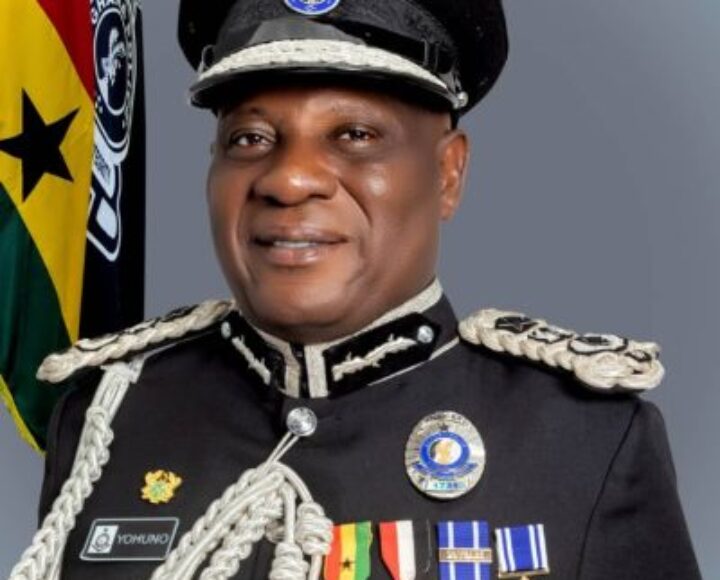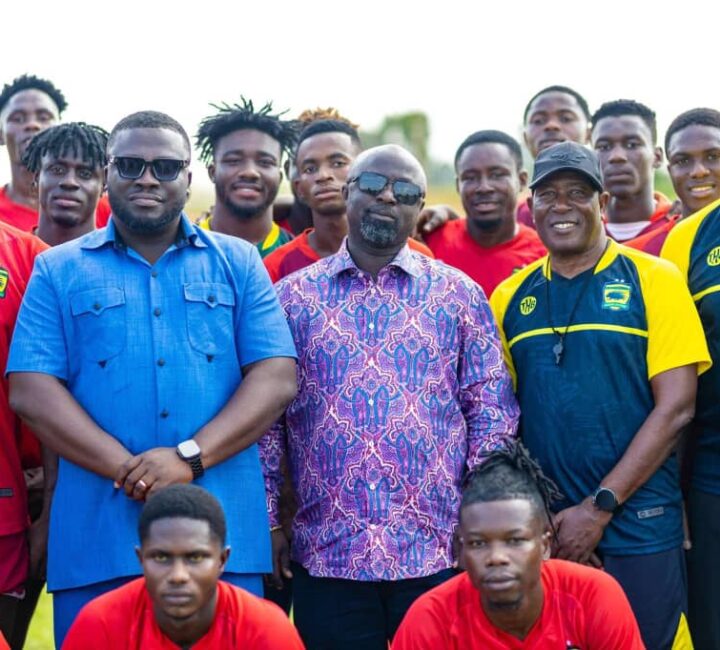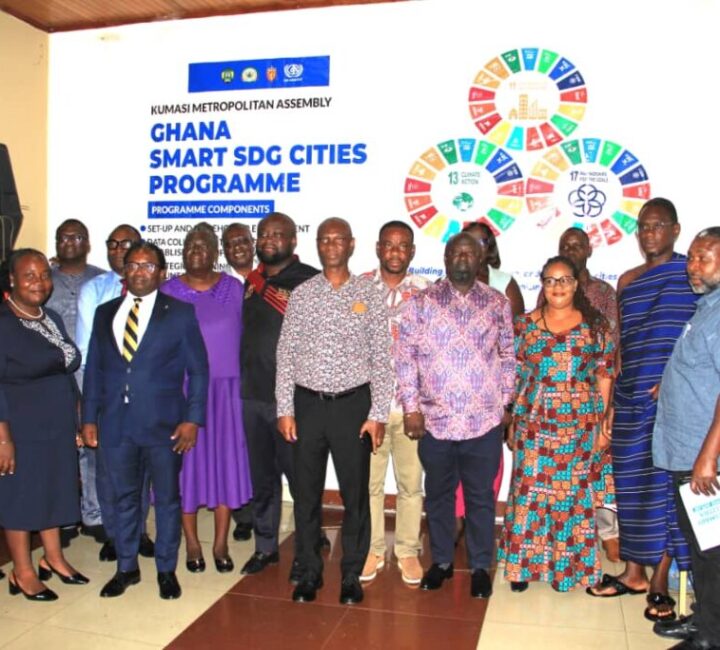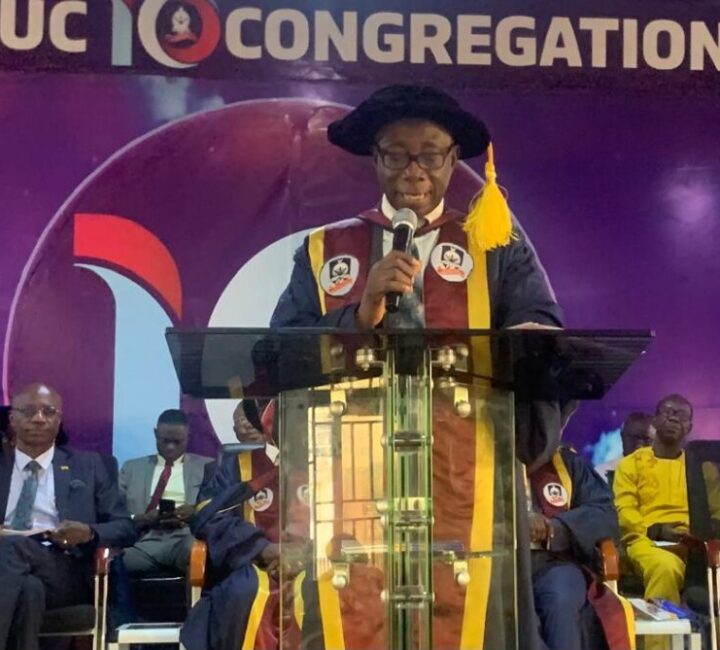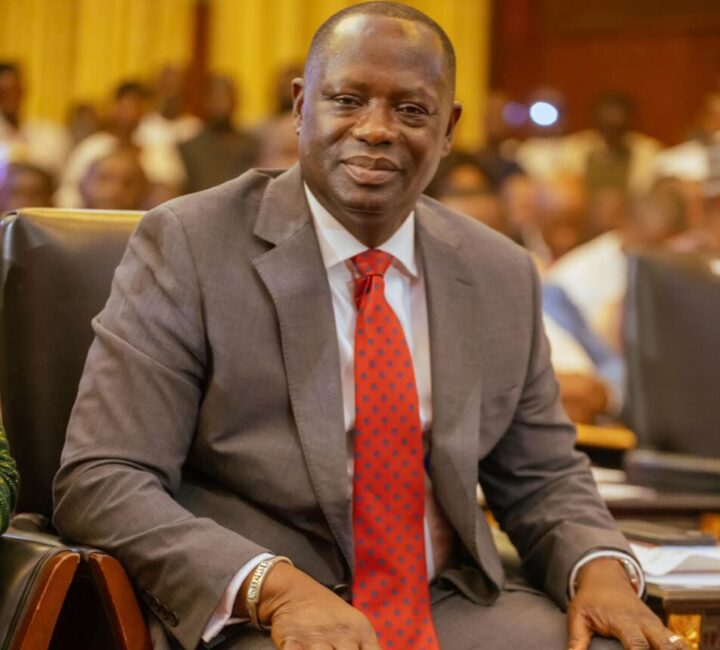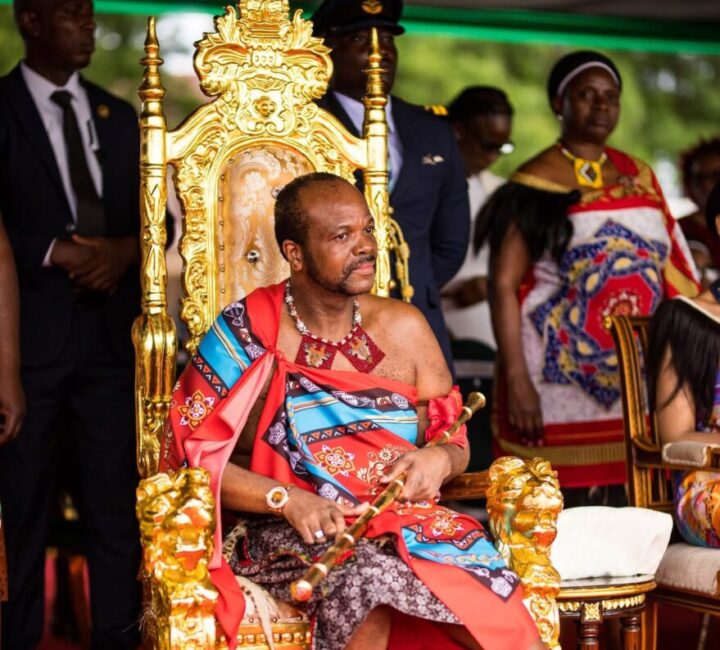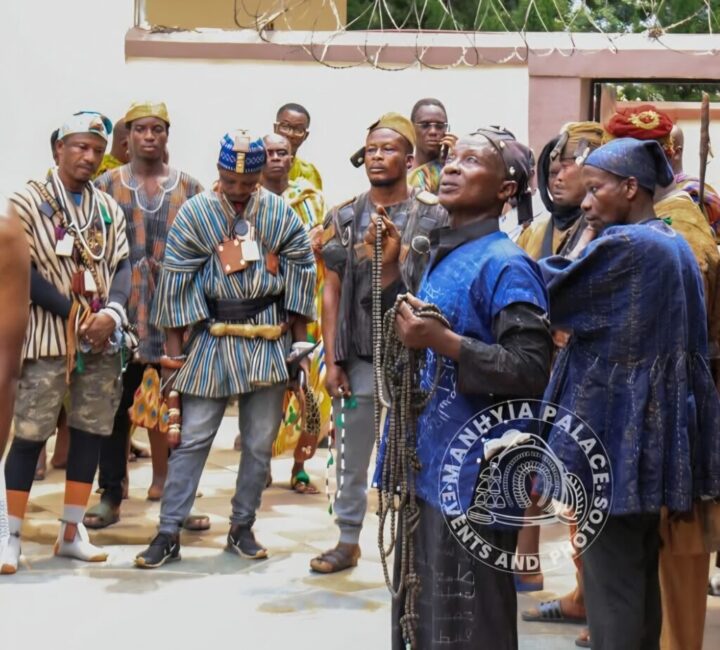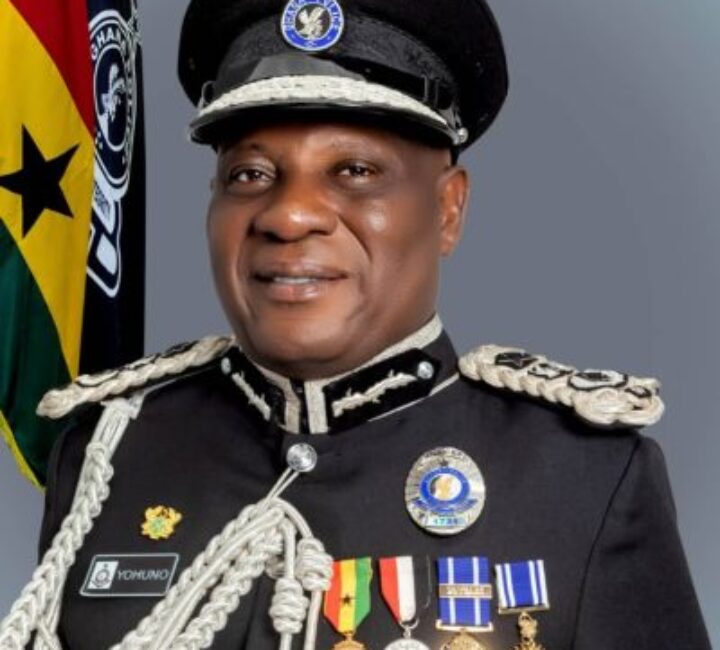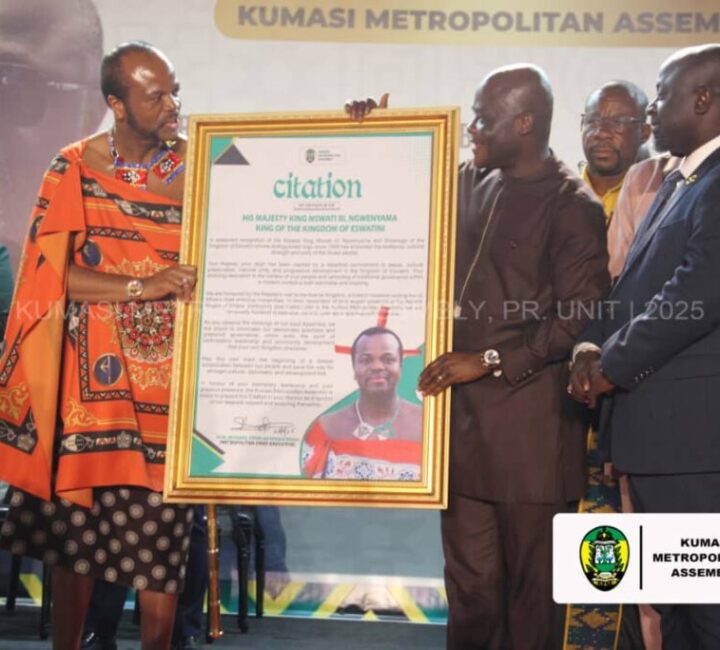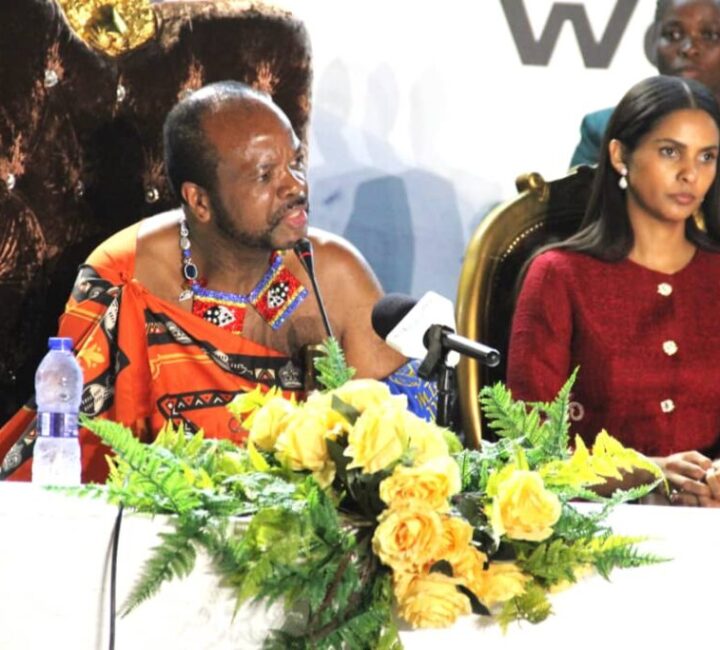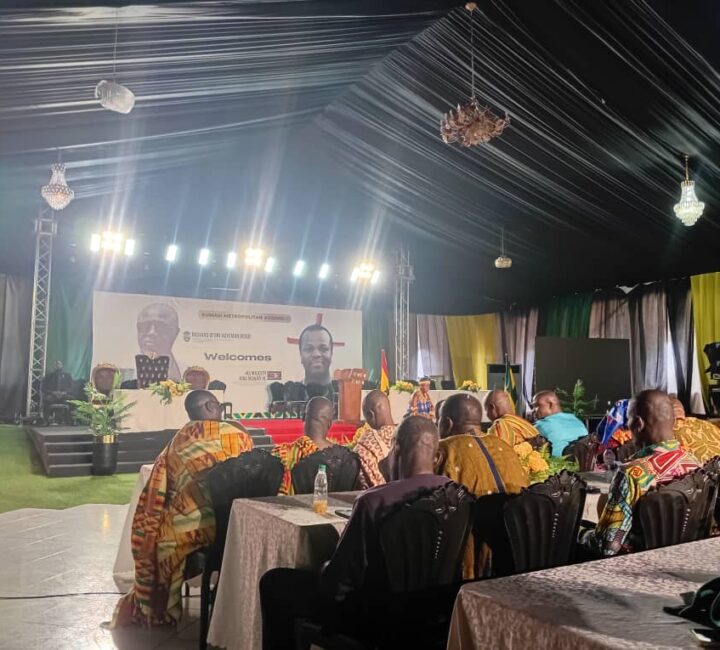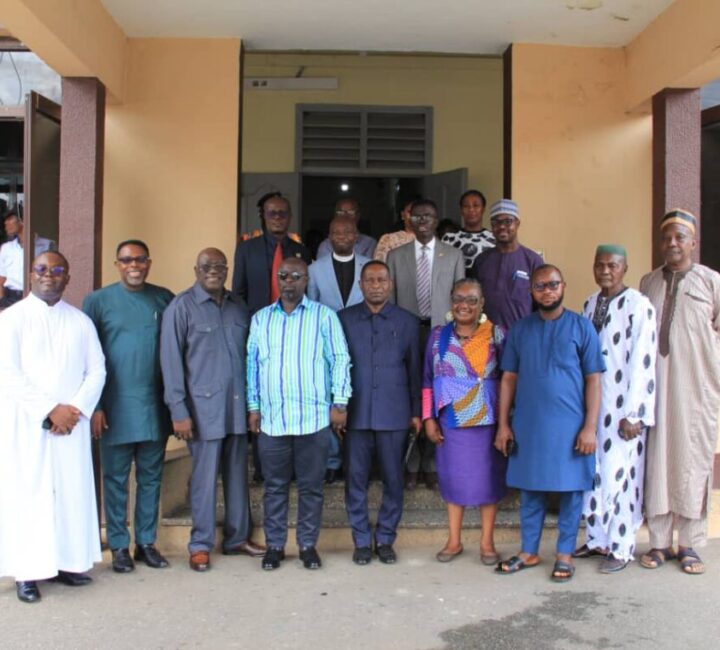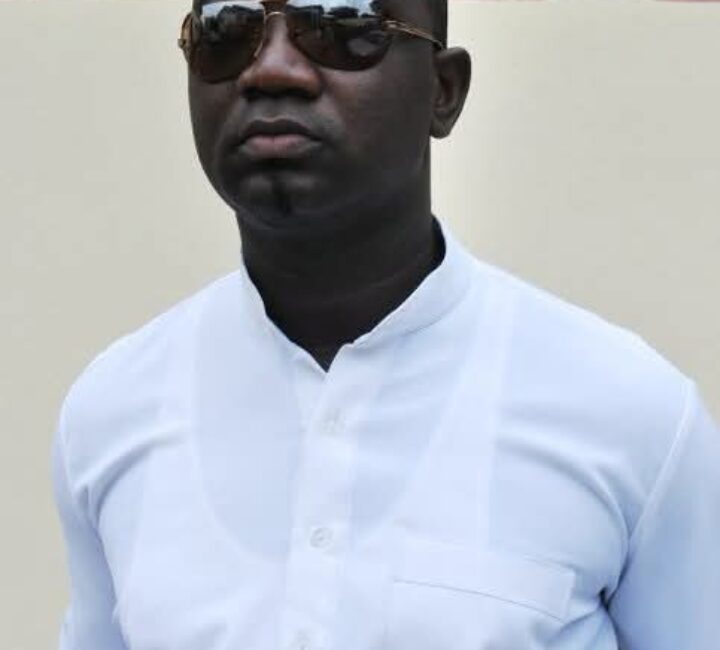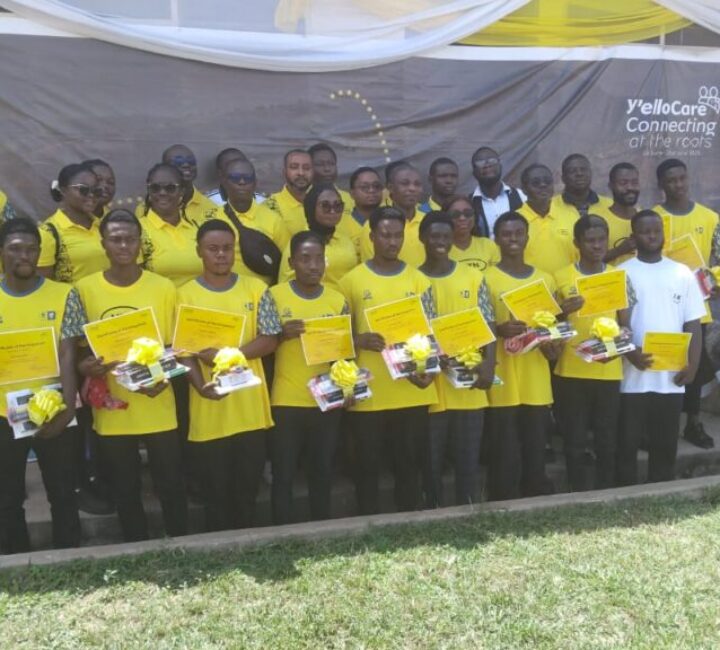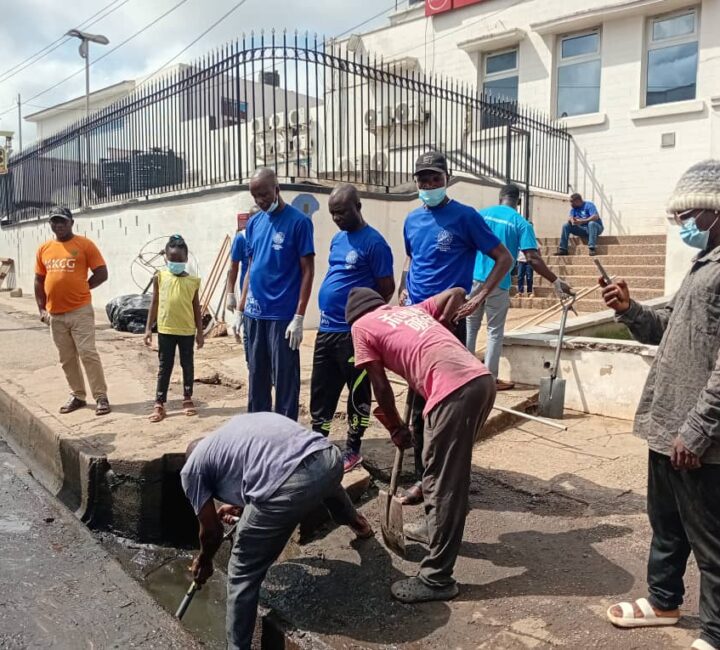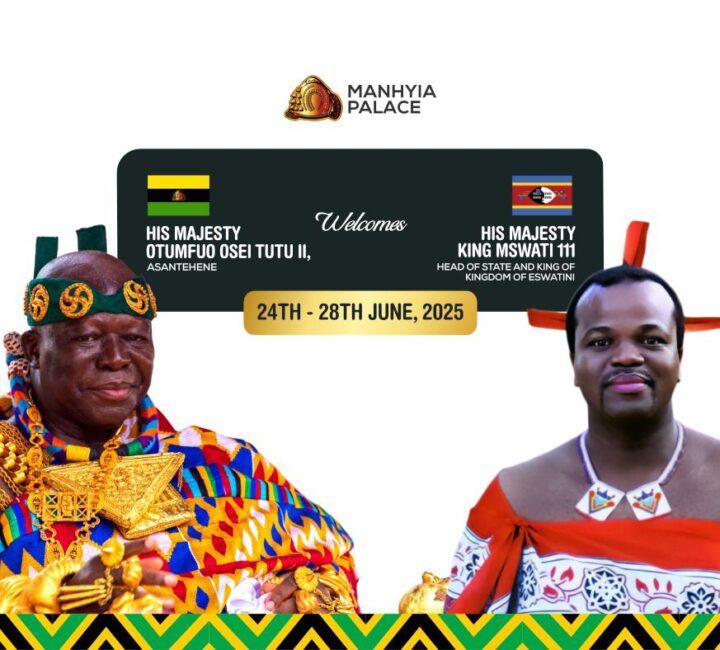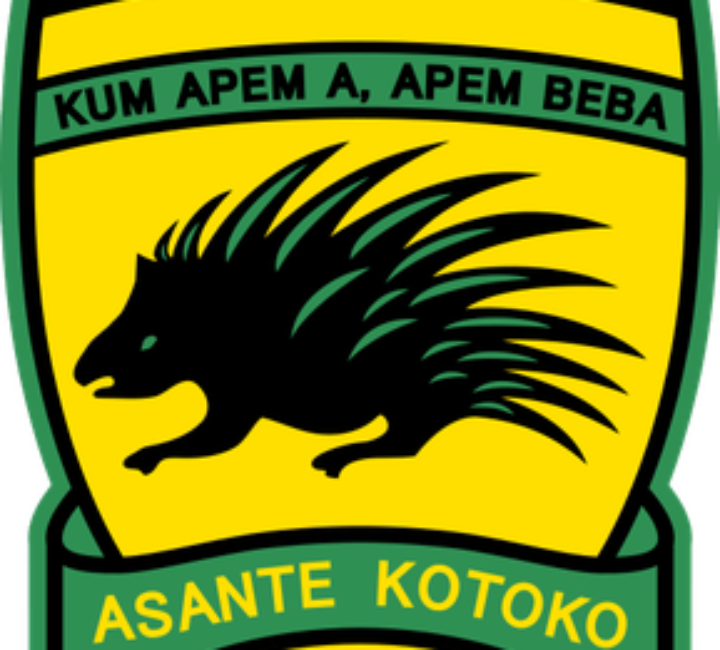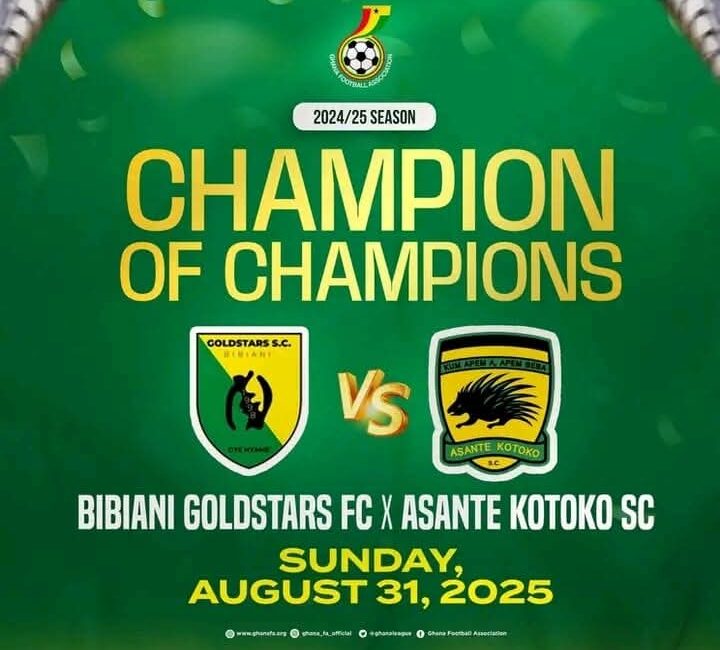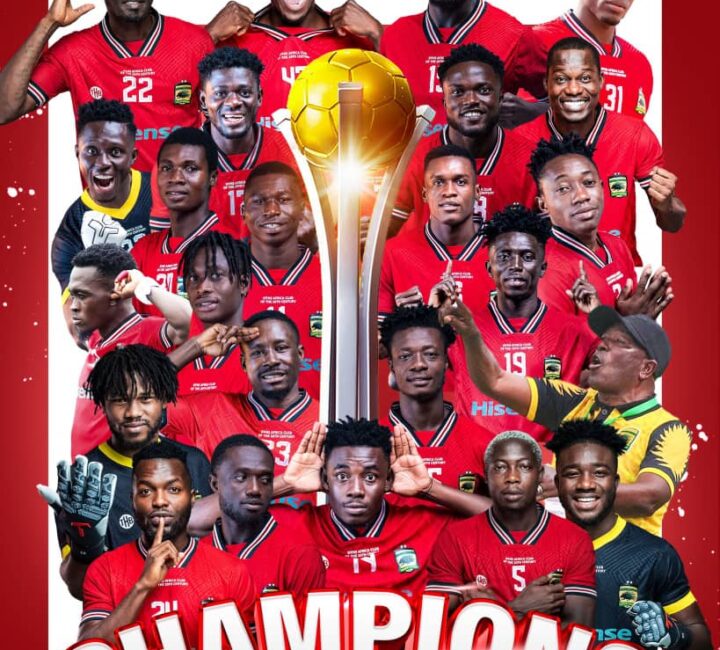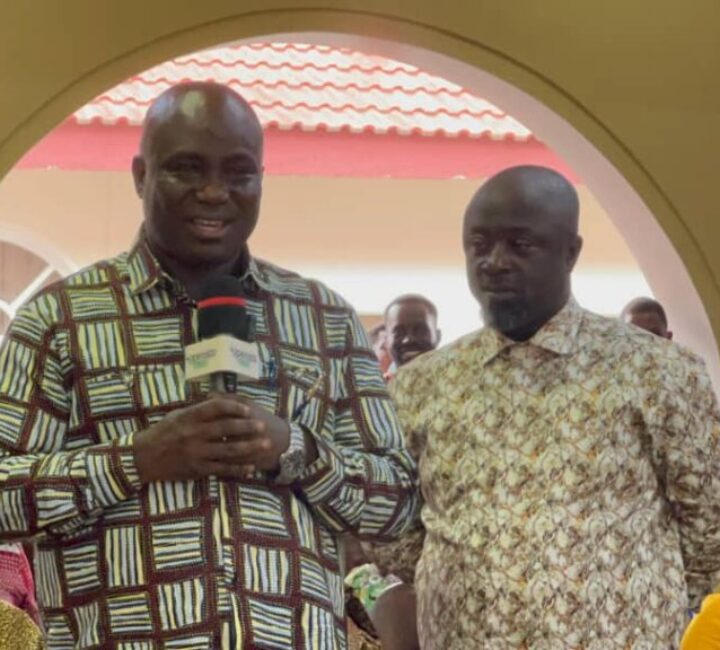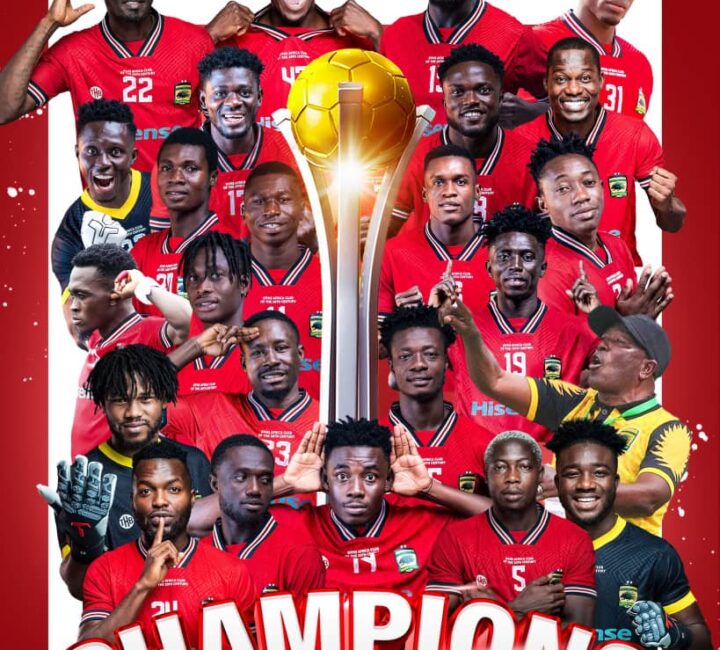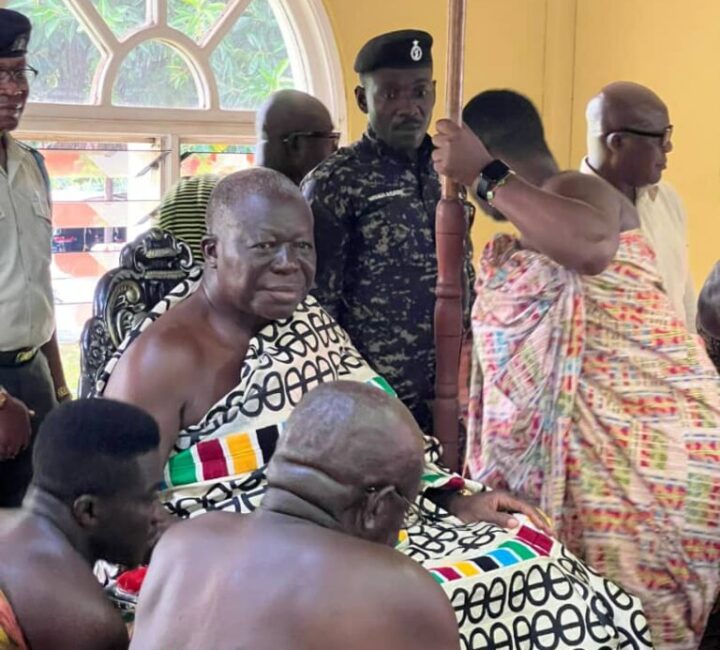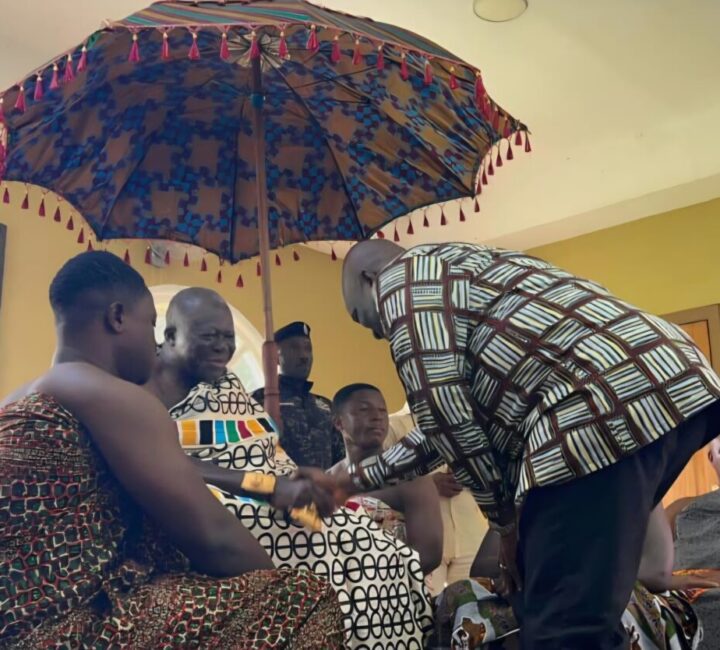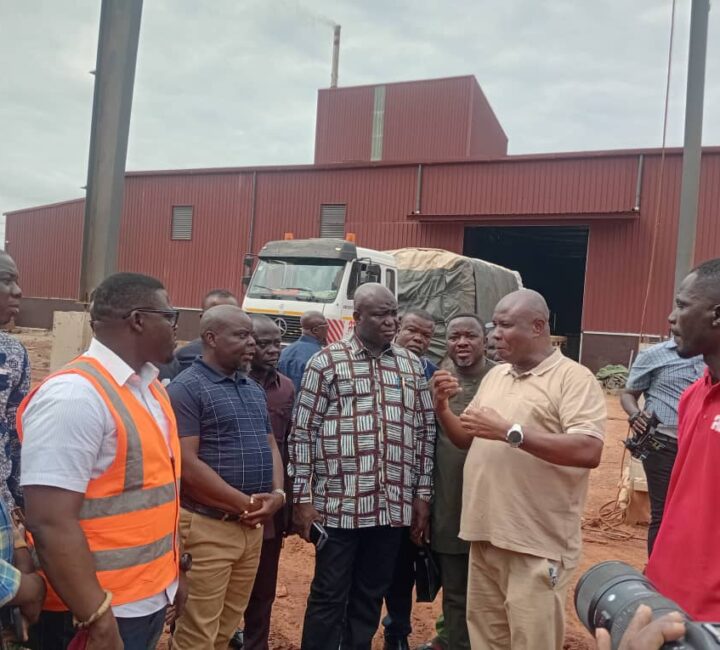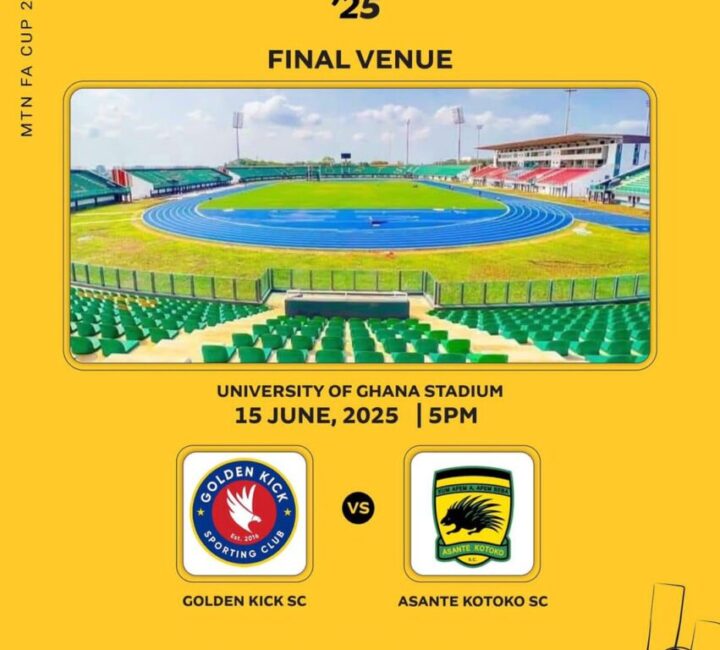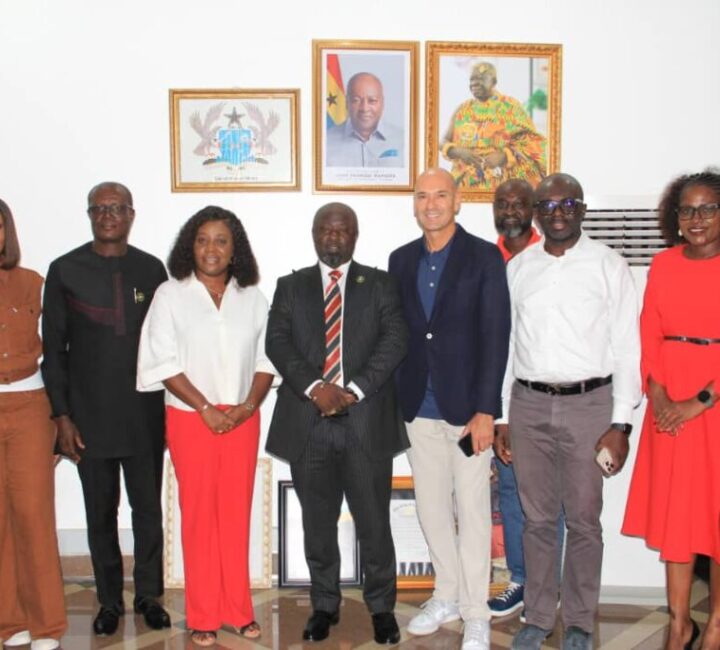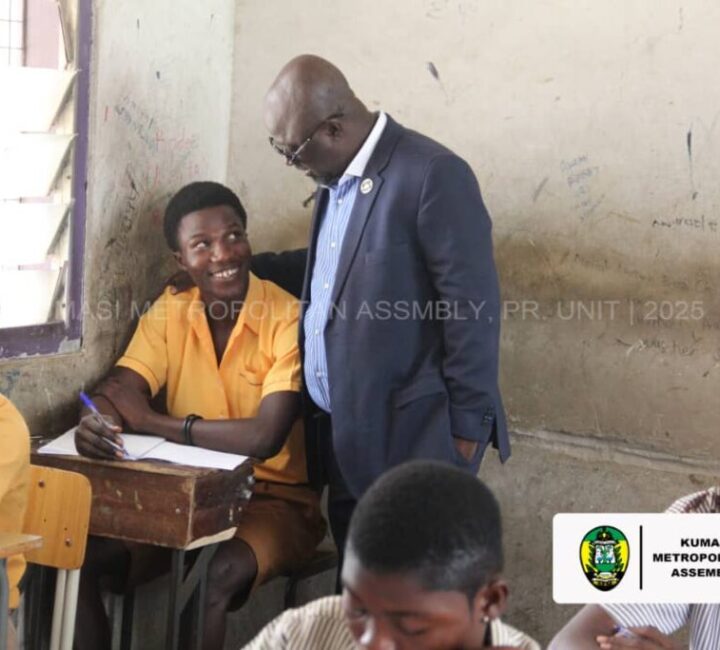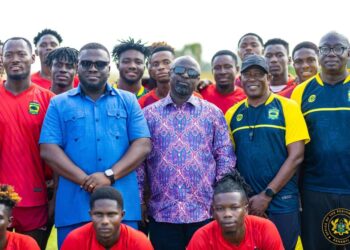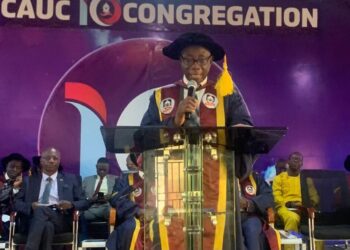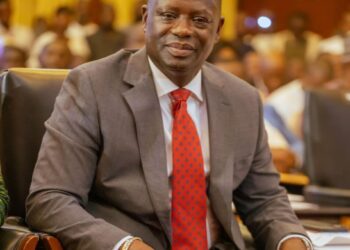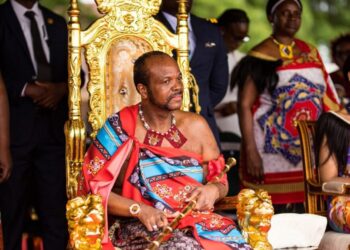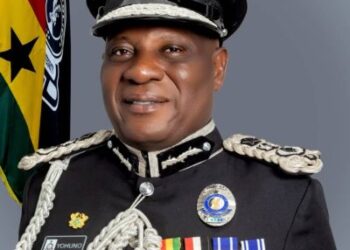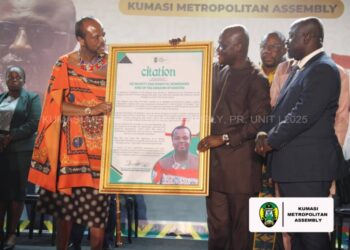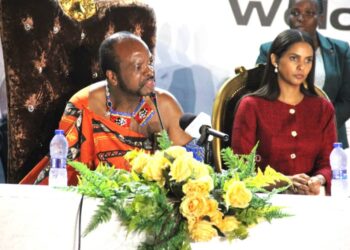Caption:
KATH CEO, Prof Dr Dr Otchere Addai-Mensah conferring with Prof Christian Agyare, Provost of the College of Health Sciences, KNUST at their maiden meeting.
Story:
HONORARY SENIOR Specialists and Consultants with the School of Medicine and Dentistry (SMD) of the Kwame Nkrumah University of Science and Technology (KNUST) have pledged their readiness to support the new Chief Executive Officer (CEO) of the Komfo Anokye Teaching Hospital (KATH) to elevate the quality of clinical care at the facility.
According to the group, they fully share in the passion of Prof. Otchere Addai-Mensah for the transformation of the hospital into a true patient-centred hospital.
They promised to work with him in the implementation of the right patient care policies and interventions to make this a reality.
The Consultants made the pledge at a meeting held in Kumasi at the instance of Prof Addai-Mensah, the new KATHCEO.
Details:
The meeting was to enable the CEO to formally introduce himself to that cadre of staff and to solicit their advice and support for his transformational agenda for the hospital.
In attendance was Prof. Christian Agyare, Provost of the College of Health Sciences and Prof. Daniel Ansong, Dean of SMD, KNUST.
Taking their turns to speak after the opening remarks by the CEO, the clinical consultants noted that though they were staff of KNUST, they mostly spend their time at the hospital teaching their medical students and delivering clinical care.
They, however, said it was regrettable that the relationship between them and the management of the hospital in recent years was not the best due to a number of discriminatory and unfair policies and actions that were pursued against them.
They commended the new CEO for his readiness to engage, consult and involve the group and other stakeholders in the administration of the hospital and submitted a list of measures that if pursued would allow them to give off their best to improve patient care, training and research at the hospital.
Issues:
They urged management of the hospital to cease differentiating between its staff and that of the KNUST working at the hospital when it comes to the issues of capacity-building, staff motivation, appointments and recognition of hard work as they deliver the same specialist care and training expected from any other KATH employee.
Other challenges they raised for urgent resolution was the need to encourage consultants to stay around and also create space for the teaching and examinations of medical students.
Admitting that there were times that KNUST and its staff at the hospital had also prioritized their interests at the expense of KATH, they called for a new paradigm shift in the relationship between the two institutions to ensure their mutual growth and development.
They urged their members to set the right examples as leading clinicians at the hospital by striving to be present during their duty days to offer and supervise patient-care and training.
KATH CEO:
Addressing the consultants, Prof. Addai-Mensah expressed his gratitude for the high-powered representation of the university at the meeting and the frankness which had characterized the exchanges.
He pointed out during the early days of his training at the hospital as a house officer and resident, there was no difference between doctors from KNUST and KATH as they both worked together in the training of medical students and residents and providing care to patients.
“The recent divisions between the two groups had had adverse impact on the quality of patient care at the hospital and I am happy that all the Honorary Senior Specialists and Consultants at this meeting have acknowledged this and pledged to do their best to improve the situation” he said.
He said he was determined to make KATH the best medical facility in the country and in the pursuance of this vision, his expectations of KNUST doctors and that of KATH would be the same and, therefore, both cadre of medical professionals would be equally treated in terms of motivation, appointments and general recognition for hard work.
BY Michael Ofosu-Afriyie
Kumasi


